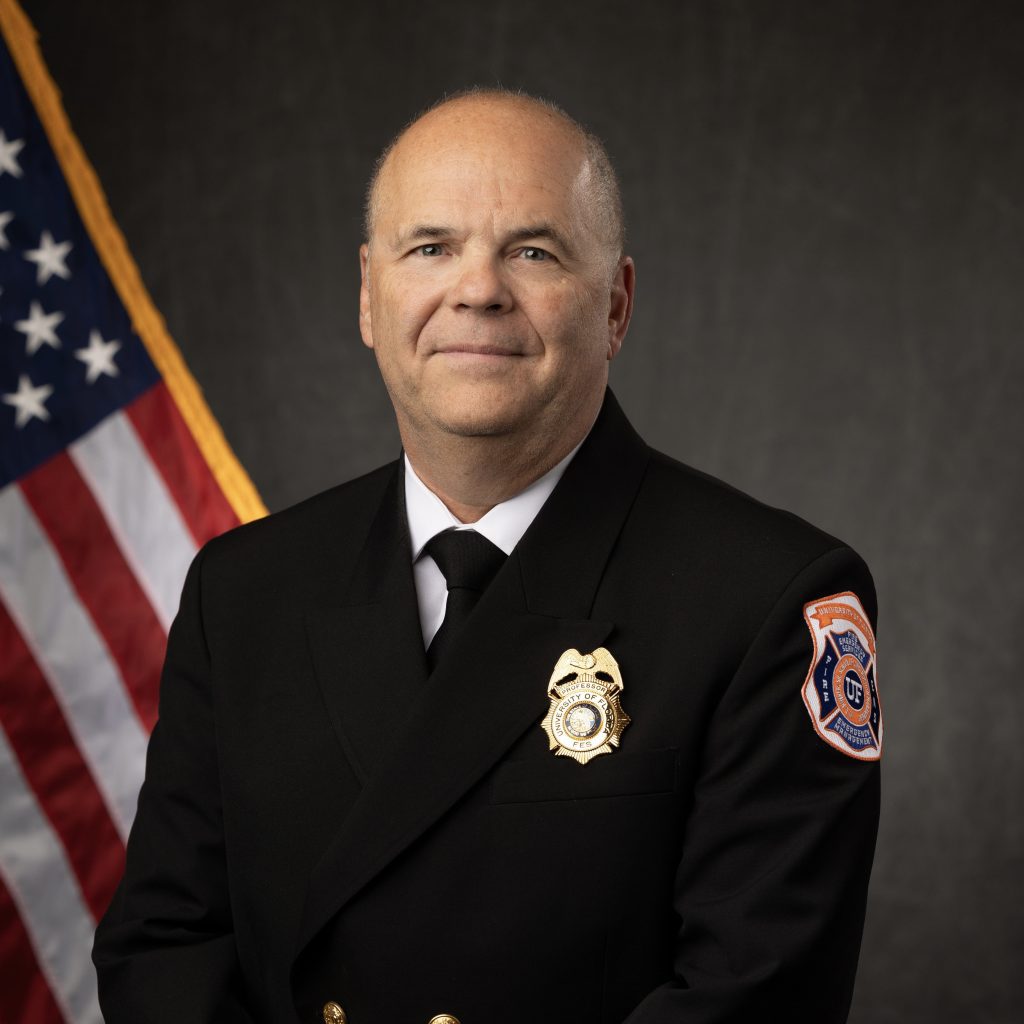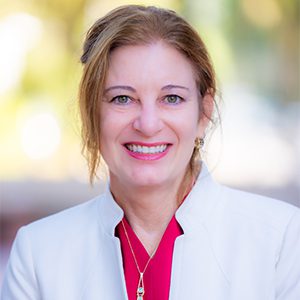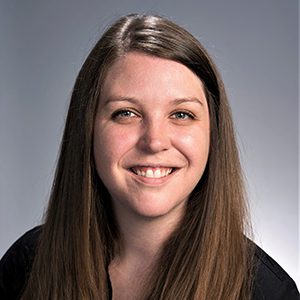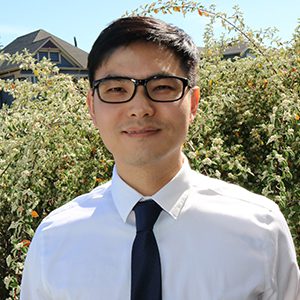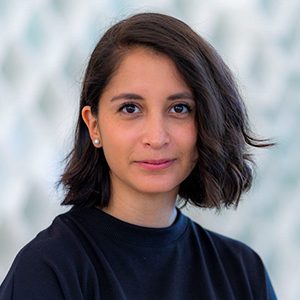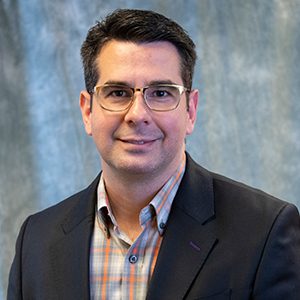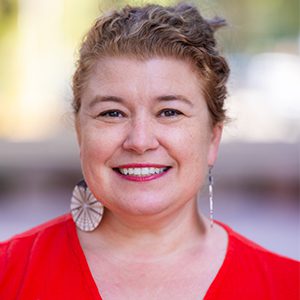Kyle Dost
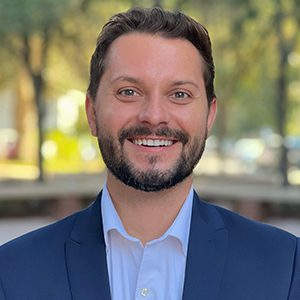
Kyle Dost
• Ph.D., University of Florida, Currently Pursuing
• Master of Urban and Regional Planning, University of Florida, 2017
• Bachelor of Science in Environmental Policy and Planning, Virginia Tech University, 2015
Kyle is faculty with the University of Florida’s Department of Urban and Regional Planning where he serves as Program Director for the Master of Urban and Regional Planning online degree program. His role involves strategic program administration, fiscal management, and direct engagement with students through advising, internship placement, and professional development. He teaches URP 3001, Cities of the World, and leads students on international study abroad experiences.
Kyle is AICP certified and currently serves as Professional Development Officer for the Sun Coast section of the American Planning Association. He has hosted a variety of professional events for the Section, including AICP trivia and webinars as well as a webinar on Artificial Intelligence in Planning.
His primary areas of knowledge include planning education, natural resource management, international development, and community resilience. He holds a master’s degree in Urban and Regional Planning from the University of Florida and a bachelor’s degree in Environmental Policy and Planning from Virginia Tech.
Kyle is currently pursuing his doctorate at University of Florida.
